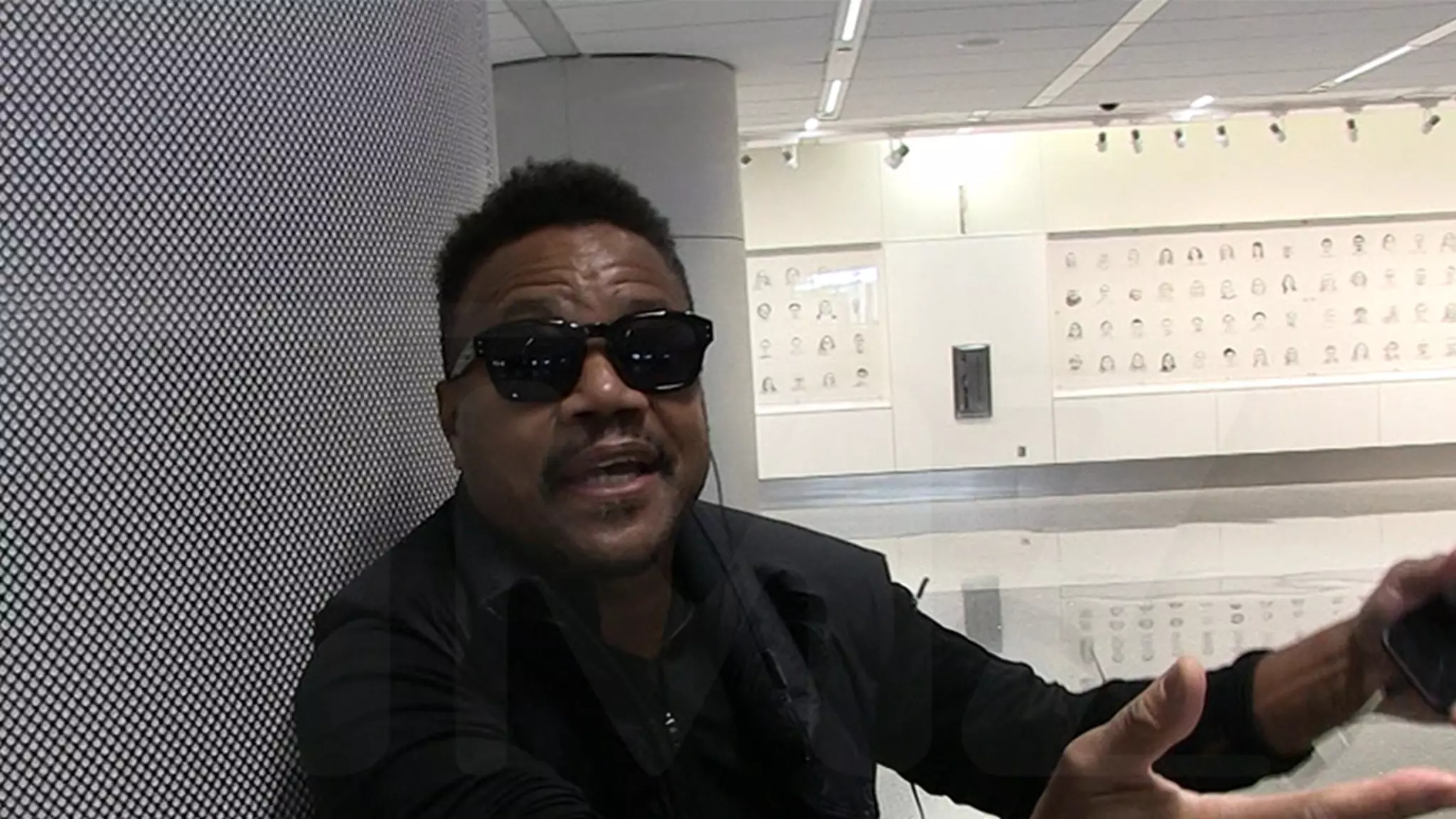Cuba Gooding Jr. recently ignited conversation by speaking candidly about the perilous political landscape characterized by rising tensions between Israel and Iran. His remarks forcefully highlight a crucial truth: war is not merely a theory discussed in distant boardrooms but a grim reality with devastating consequences. Gooding’s perspective stems from a nuanced understanding of how the proliferation of information has transformed our engagement with global conflict.
Cuba’s assertion that war is a product of ignorance resonates powerfully in today’s hyper-connected world. In an era where news travels at lightning speed and is often only a click away, viewers are now bombarded with real-time accounts of violence, despair, and loss. The notion that war is a far-off problem, confined to political headlines, is slowly evaporating. Images of suffering families and the indiscriminate nature of violence have forced us to confront the harsh realities that accompany geopolitical disputes. Consequently, participants in these conflicts are no longer just faceless enemies; they reflect the very real human suffering experienced locally and globally.
Shifting Perspectives: The Human Cost of Conflict
Gooding references the stark cultural narratives that once pigeonholed entire nations as villains. Historically, Americans vilified Russians in cinematic portrayals, casting them as the archetypal ‘bad guys.’ As the media landscape shifts, however, audiences now witness stories that reveal the humanity within those they once viewed as adversaries. This empathy is crucial—we must acknowledge that the innocent lives caught in political crossfires share striking similarities with our own experiences. The concept of patriotism often blinds society to the universal truths of suffering. As war persists, so too does the blurring of lines between hero and villain, underscoring that real lives hang in the balance.
The Impending Crisis: An Urgent Call for Awareness
Cuba Gooding Jr. emphasizes the immediacy of the situation, urging viewers to recognize that the impacts of war are profoundly personal. His commentary serves as an urgent call for a collective consciousness. Ignorance, in this context, doesn’t just imply a lack of knowledge; it signals a failure to act decisively against the forces that propagate violence and misery. With every moment wasted on apathy, we inch closer to a reality where geopolitical decisions could easily encroach upon our doorsteps.
In a world flooded with information, it is our responsibility to sift through the noise and seek a deeper understanding of the issues at hand. Gooding’s criticism is not just a lament for those suffering in distant lands; it is a passionate plea for accountability from those in power. Leaders must recognize the weight of their decisions, which can lead to devastation, not just abroad but in communities that we all share.
Through his unflinching remarks, Cuba Gooding Jr. not only shines a light on the insanity of war; he invites us to reconsider our roles as informed citizens. Engaging in this critical dialogue is essential if we hope to pave the way for peace, survival, and ultimately—understanding.

